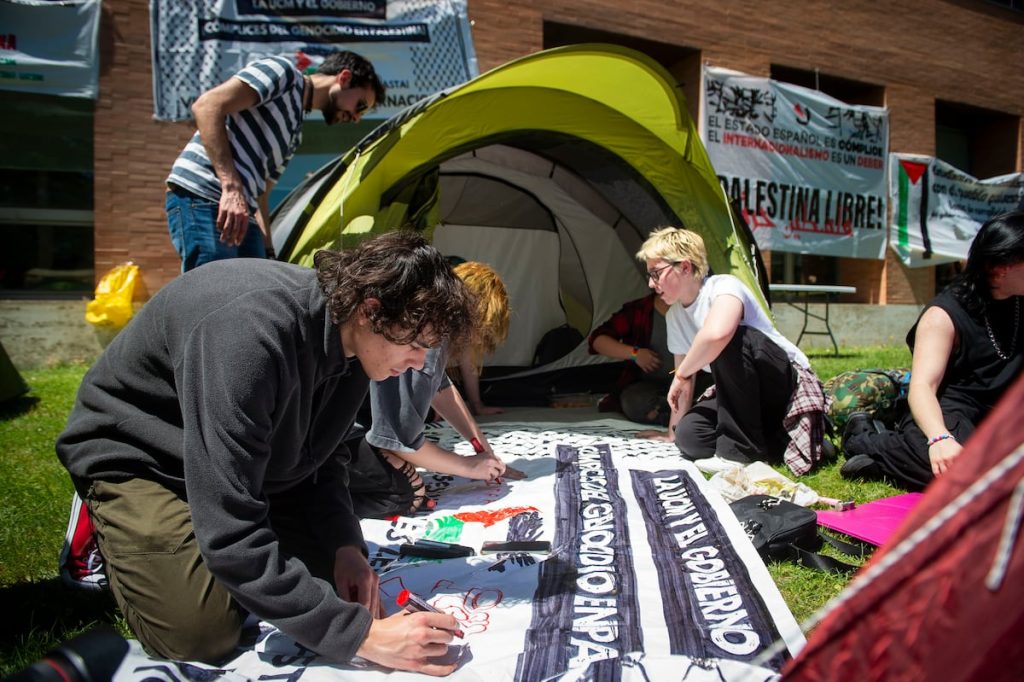The author reflects on the current student protests against the genocide in Gaza, drawing parallels with past demonstrations against the Iraq war. They highlight the importance of collective action, debate, reflection, and resistance in the face of dehumanization and injustice. The university is praised as a beacon of hope and social awakening, essential for understanding the world and international relations differently. The author expresses pride in the courageous and committed student community standing against atrocities. They hope that universities will continue to be agents of social change for survival.
A psychologist shares concern over the alarming number of calls received by a suicide helpline, with the majority being from young people. The author laments that such a crucial issue is often overlooked in the media, receiving only a brief mention before shifting focus to other news topics. They emphasize the importance of discussing suicide openly and offering support, as a small gesture or listening ear could make a significant difference in someone’s life. The author underscores the need for more attention to mental health struggles and the pressures faced by today’s youth.
The author criticizes right-wing parties in Spain for prioritizing concerns about immigrants occupying homes over addressing the root issue of housing affordability. They question whether it is more detrimental to society to have immigrants working or housing speculators driving up prices and causing families to become homeless. The author urges a focus on the real causes of homelessness and not to be misled by misguided priorities that overlook systemic problems.
A political commentator highlights a case where a Catalan nationalist group refuses to congratulate a politician from outside Catalonia on his electoral victory, citing colonialist reasons. They argue that the notion of colonialism is misplaced in this context, as the politician in question has strong ties to the region and garnered support from Catalan voters. The author criticizes the narrow view of belonging and integration, advocating for inclusive and respectful interactions that do not seek to dominate or marginalize any group within society.
The texts must be sent exclusively to EL PAÍS and should be no more than 100 words (700 characters without spaces). They must include the author’s name, city, phone number, and ID or passport. EL PAÍS reserves the right to publish, summarize, or excerpt them, without providing information about these contributions. Readers are encouraged to share their opinions and perspectives on various societal issues through this platform. The publication aims to foster dialogue and reflection on important topics affecting the community.


